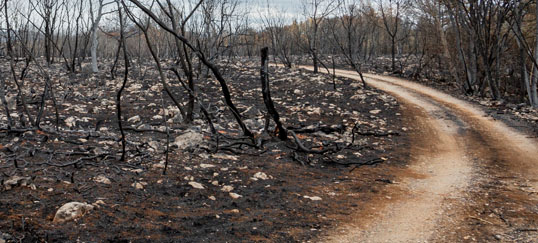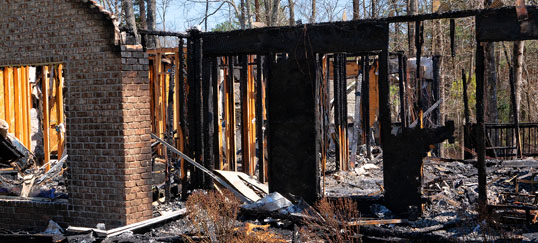Origin & Cause Hypothesis Testing Fundamentals
Credit Hours:
3
Approximate reading time:
0.5 Hours
Approximate online time:
0.5 Hours



Program Abstract
Hypothesis development and testing is a critical part of the origin and cause determination process for fires and explosions. Hypothesis development and testing formalizes a reasoning and experimentation process incorporating inductive and deductive reasoning to analyze a problem by asking “could this event have happened in this way” into an approach to determining origin and cause that helps the investigator think through the many possibilities of how a fire or explosion could have started in a systematic way. This systematic hypothesis development and testing process includes asking questions, collecting data to answer those questions, and refining, rejecting, or selecting hypotheses according to the support — or lack thereof — from the data collected. This module goes inside the hypothesis development and testing process for fire and explosion origin and cause to explain what a hypothesis is, its role in the scientific method, how to develop hypotheses for fire or explosion origin and cause, how to apply analytical testing to select a final hypothesis, and how to describe hypothesis testing in the origin and cause report.
This module discusses the scientific method as applied to origin and cause hypothesis testing. NFPA 921 includes guidance on how to apply the scientific method to other topics, including fire pattern analysis safety. Applications of the scientific method to topics other than fire and/or explosion origin and cause are not included in this module.
CFITrainer.Net recommends taking this module before the “Origin & Cause Hypothesis Testing Methods” module.































































































